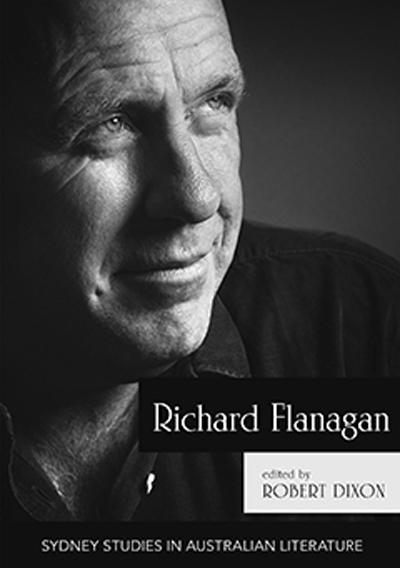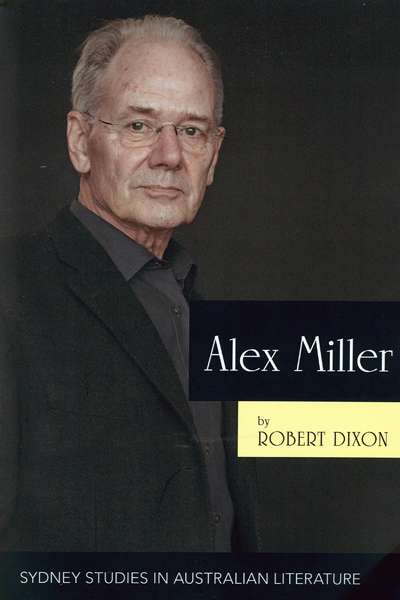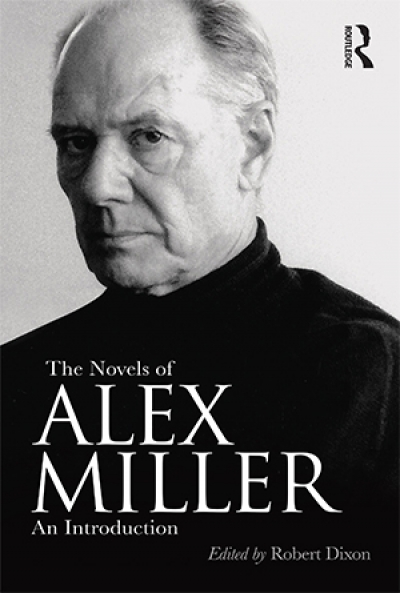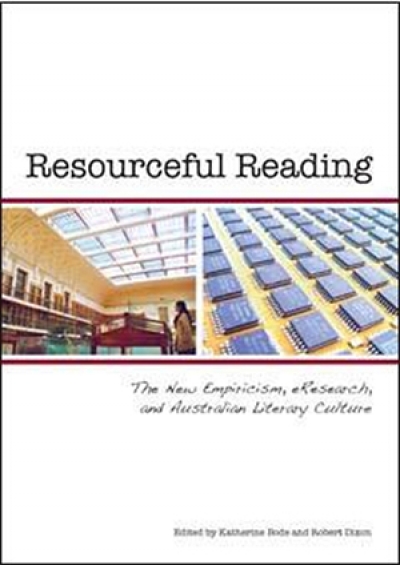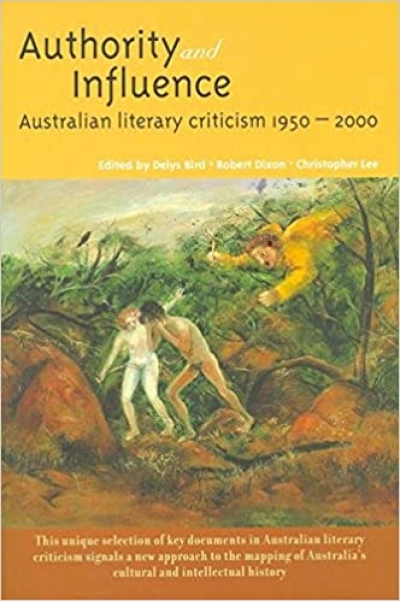The problems that have bedevilled Australian literary criticism and literary history over the last twenty years have been worldwide. Histories, even quite short ones, now have to be written polyphonically, by committees of dozens of contributors. It is taken for granted that no single person could cover the whole field and the variety of critical perspectives, movements, genres, institutions and ideologies involved. One of the recurrent phrases of recent years has been ‘pushing the boundaries’; but histories, surveys, theses, articles all depend on demarcation lines. That is why the notion of a ‘canon’ has been useful, though, of course, a canon needs to be constantly questioned and revised so as not to become stagnant and restrictive.
...
(read more)

